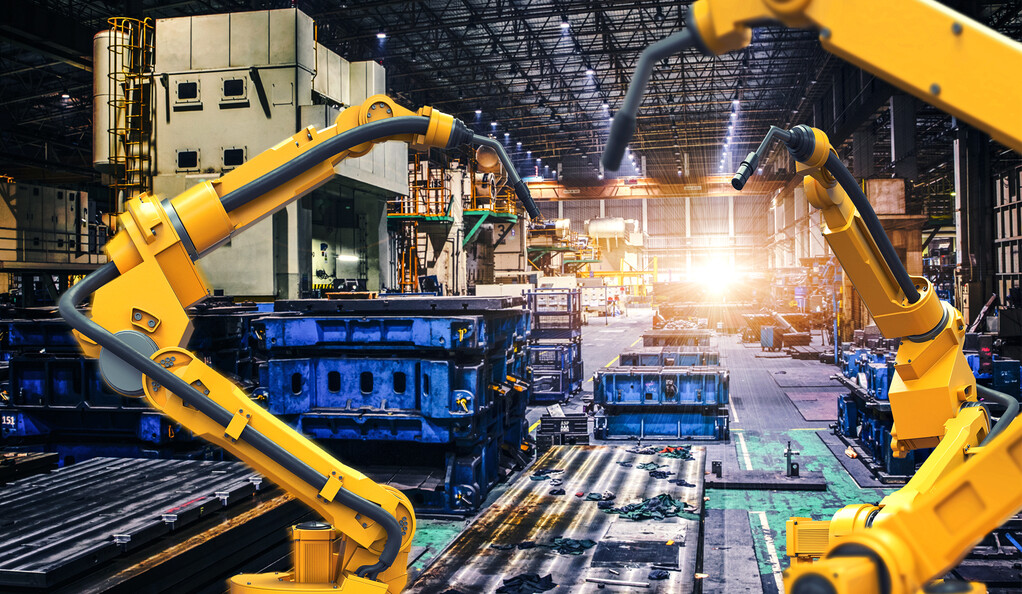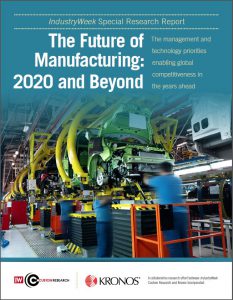Illinois small and mid-sized manufacturers will stay globally competitive by investing in modern technology and skillsets. Today’s workforce challenges make the case for technologies like automation almost a necessity. For example: Robots and “Cobots,” or Collaborative Robots, support (but not replace) workers while boosting productivity and efficiency. Data technologies, like artificial Intelligence (AI), can analyze data to make business recommendations. Virtual Reality (VR) is becoming a useful tool to train employees. But while major corporations have been quickly investing in this advanced machinery, smaller manufacturers have moved slower. We will look at why that is, and what can be done to change that.











